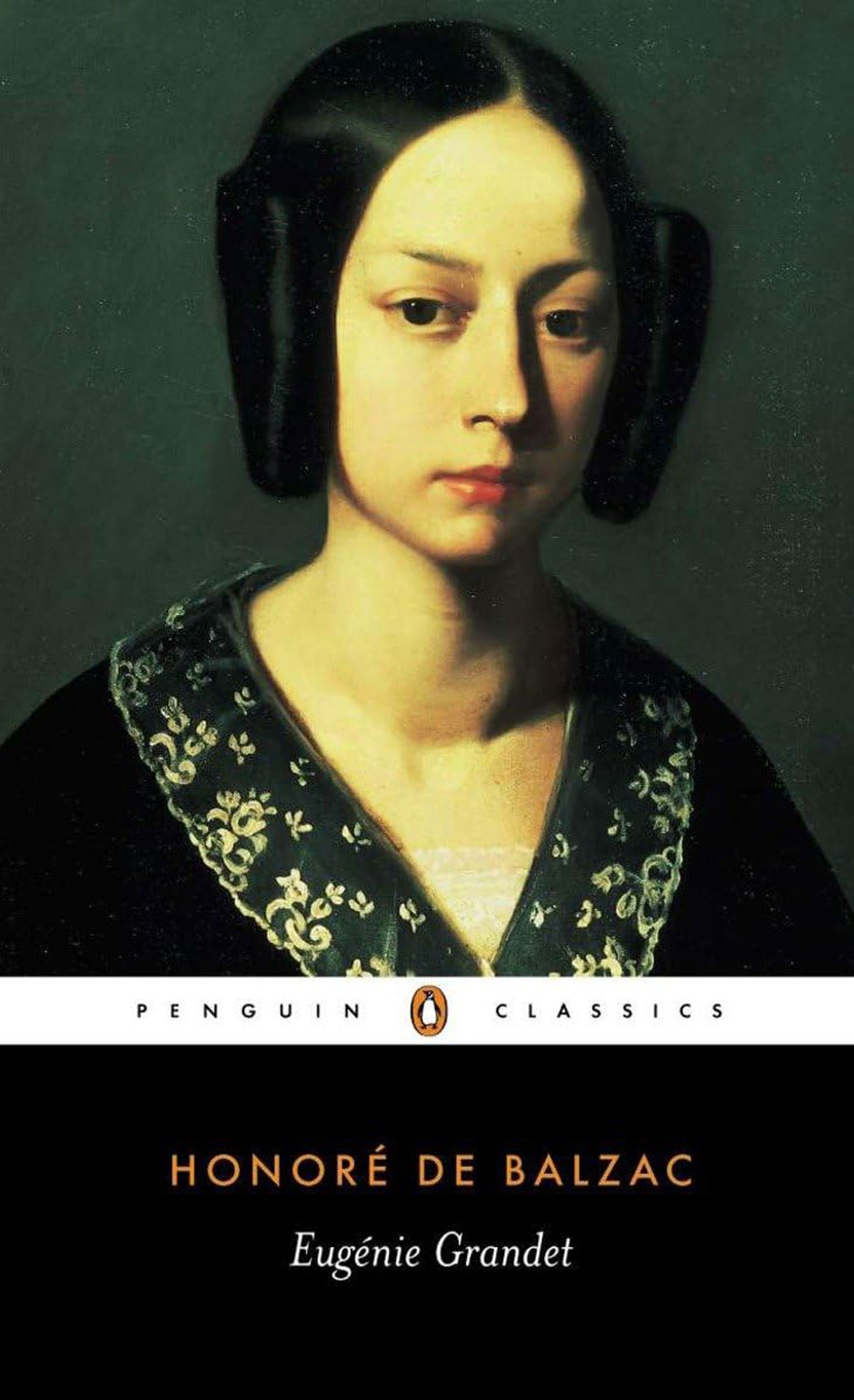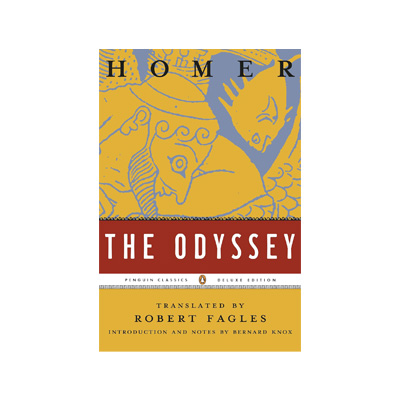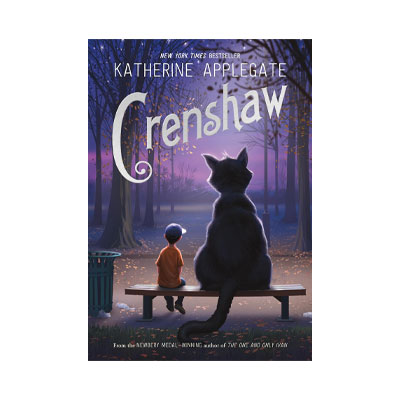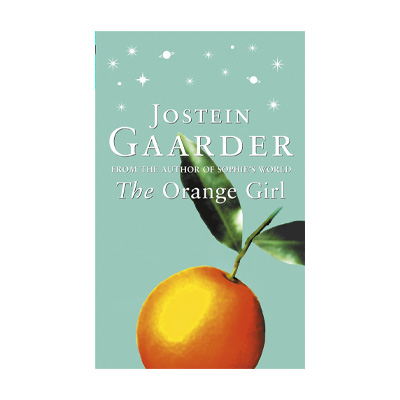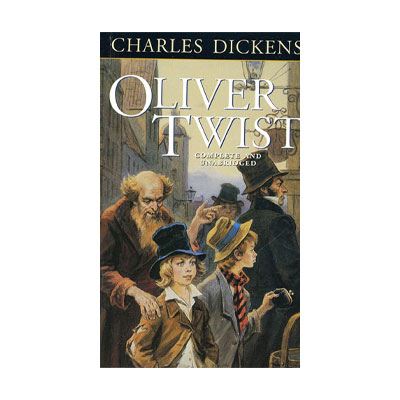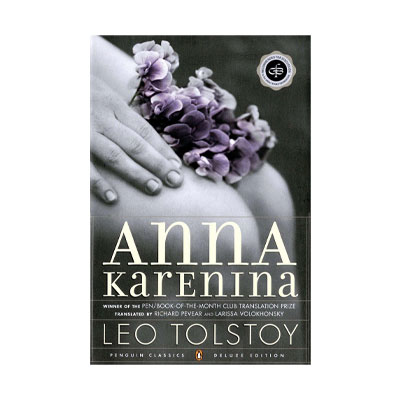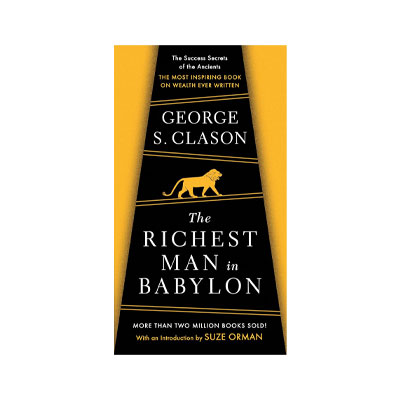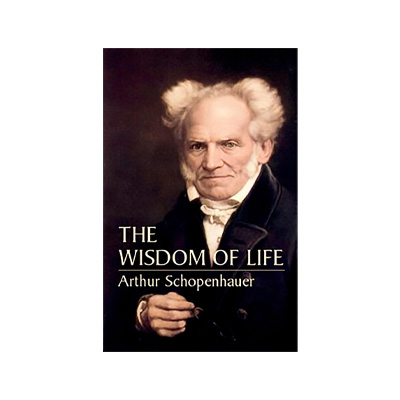Book Summary
The remarkable novel "Eugénie Grandet," written by Honoré de Balzac, received much acclaim upon its publication. The main story of the book revolves around a girl named Eugénie, who is born and raised in a very wealthy family but appears to be quite poor. The head of the family, whom you will know as "Papa Grandet" throughout the reading of the novel, was previously a cooper and has managed to amass a significant fortune through his successful endeavors. However, one of his worst traits—stinginess and greed—leads Eugénie's father to try to increase his wealth, even refusing to spend money during difficult times, such as when his wife falls ill.
In contrast to her father's character, Eugénie is a girl with a gentle spirit and a noble, lovable personality. As the unquestionable heir to the family's wealth, two families, the Cruchots and the Daurans, greedily seek to marry her off. During the ordinary events that unfold in the Grandet family, a character named Charles, who is Eugénie's cousin, is sent by his father to Papa Grandet due to his father's bankruptcy. Afterward, he tragically ends his own life with a gunshot. As expected, Papa Grandet has little enthusiasm for keeping Charles around and intends to send him off to India; however, an unexpected event occurs—Eugénie falls in love with Charles.
Balzac's focus on the character of Papa Grandet and the descriptions he provides may sometimes lead readers to wonder why the book isn't titled "Papa Grandet." Nevertheless, this is one of the author's characteristics: he has a personal penchant for overly describing certain scenes and characters and develops them as much as he deems necessary. The narrative of Eugénie's love for Charles, which drives out other thoughts from the minds of boys and men, followed by Charles's journey to India and his return with transformed financial circumstances that make him wealthy, creates a storyline that will undoubtedly captivate readers.
About the Author
Honoré de Balzac was a French author born in May 1779 in southern France. He migrated to Paris with his family during his childhood and graduated in law from the University of Paris before pursuing writing professionally. Drawing inspiration from Walter Scott, the successful Scottish author, he produced works such as "The magic skin," "illusion perdues," "Gobseck," and " the lily of the valley." He departed from the material world on August 18, 1850.
Who Should Read the Book?
It is highly recommended for fans of romantic novels, especially those who appreciate stories where characters are beautifully and powerfully introduced and developed by the author, to read this particular novel.
Book Quotes
If I had a man for myself, I would go with him to hell. I would even give my life for him. But alas, I have no one and must live in solitude and die in solitude, never tasting the sweetness of a happy life. Miss, do not look at this old fool who keeps circling around me; he only thinks about my money. Just like a rat searching for cheese. He even thinks I don't notice. It doesn't matter; let him think that, it's not important. The important thing is that I don't mind this game too much.
At that moment, a loud knock on the door announced the arrival of the Degarson family, and after that, their entrance and greetings interrupted Crochu before he could finish his sentence. The notary was pleased that his speech had been cut off because Grandet was gradually looking at him with a suspicious expression, and the fatty tumor on his nose indicated a possible outburst. However, above all, the notary did not know whether the head of a court would go to Paris to exploit creditors and involve himself in secret dealings that contradicted principles of honesty and chivalry. Moreover, since up until that moment, Papa Grandet had not uttered a single word indicating he wanted to pay any money, the notary instinctively feared his nephew's involvement in this matter. Therefore, when the Degarson family arrived, he seized the opportunity, took the court president's hand, and while they were by the window, he said: "Nephew, everything you've said so far is enough. You've shown enough sacrifice. But unfortunately, your eagerness to reach his daughter has blinded you. Poor thing! You shouldn't proceed with all your might. Now let me steer the ship. You just pull the ropes. Do you think it's right to tarnish your position as court president for such a matter..." But he halted his words when he saw Mr. Degarson shaking hands with the old cooper and saying to him: "Grandet, we have come to express our condolences for the terrible misfortune that has recently befallen your family; I mean the bankruptcy of the Guillaume Grandet company and the death of your brother." The notary interrupted the banker and said: "The only tragic event is the death of Mr. Grandet the younger. And if he had asked his brother for help in time, he would never have committed suicide."
In some second-rate cities, there are houses that evoke a deep sadness within a person upon seeing them, just like the sorrow that comes from viewing dark and gloomy monasteries, lifeless thickets, or ruins. Perhaps one can sense in these houses the silence of monasteries and the dryness of thickets, and perhaps there are even the bones of the dead within them. Life and movement in such places are so stagnant that if a stranger suddenly encounters a still human figure with a dull and cold gaze, who carefully looks out from a window with a monk-like face at an unusual sound of footsteps, one might think those houses are empty.
From vineyard owners and landowners to wood sellers, coopers, innkeepers, and sailors, everyone constantly keeps an eye on the sun. These people go to bed trembling at the thought of hearing news of frost the next morning because they fear rain, wind, and drought. They wish for clouds and rain and sunshine to be just as they desire. The weather in the sky and their earthly interests are constantly at war with each other. And the barometer calms their faces or makes them sad or joyful. From one end to the other of this street, which was previously called "Grand Rue de Saumur," the phrase "the weather is golden" travels from house to house, or someone tells their neighbor: "Golden coins are falling from the sky," because they know well what sunshine or timely rain brings.
The old buildings of the ancient city of Saumur, which once housed the nobility of that region, are located at the top of this uphill street. The sad house where the events of this story take place is one of these buildings, a remnant of a century whose characteristic was simplicity among its people—a simplicity that French people are losing more each day through their behaviors and customs. After passing through the twists and turns of this picturesque street, which involuntarily awakens memories and transforms them into sweet dreams, you will see the retreating darkness hiding in its midst, "the house of Mr. Grandet."
